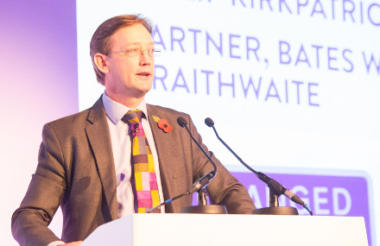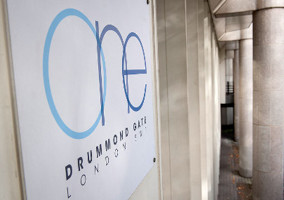Charities should not expend energy trying directly to rebuild trust among the public and politicians but should instead focus their efforts on donors, beneficiaries, staff and the sector, an audience of trustees heard this morning.
Philip Kirkpatrick from Bates Wells Braithwaite told the NCVO Trustee Conference that the climate of distrust enveloping charities was not confined to the voluntary sector, but was a societal shift that would likely endure.
However, this wider problem was certainly exaggerating the problem of perceptions about charities, he said in his keynote address.
He said charities have come under fire lately partly because they are "prickers of consciences" and most people don't like having their consciences pricked. And some elements of the national media are eager to play the part of "kickers of prickers of consciences", he said.
"The monster of mistrust is going to be fed for some time to come," he predicted.
The problem is fuelled, he said, by the high level of public ignorance about how modern charities are run. He quoted from the recent research conducted by Populus on behalf of the Charity Commission, in which five of the least-trusted charities cited by respondents were also cited as among the top ten most-trusted.
Charities may never see a return to the high levels of public trust they once enjoyed, he said, but they should do their best to try. He suggested five things charities should do:
- We need to ensure, and not simply assume, that what we are doing is worthwhile
- We need to apply our resources prudently
- We must be satisfied we are making a difference to an extent that warrants the resources applied
- We must foster, at all levels of our organisations, strong values that underpin our charitable impulse and endeavour
- We must ensure that we are targeting our efforts at appropriate audiences
On the last point, Kirkpatrick argued that it is not necessary or possible to convince the world at large or politicians, or anyone else who does not like a charity's particular cause.
"If we try to be all things to everyone we can quite easily become little to anyone," he said. "So we should focus our efforts on our supporters and potential supporters, beneficiaries, staff, and ourselves.
"If we can convince those people then we will maintain or retain trust to the extent that we can, and slowly that should have an effect on the sector as a whole."
He said the bit about convincing ourselves is very important, and one of the first rules of leadership. "You can't lead a cavalry charge if you think you look funny on a horse," he said.
Related articles












